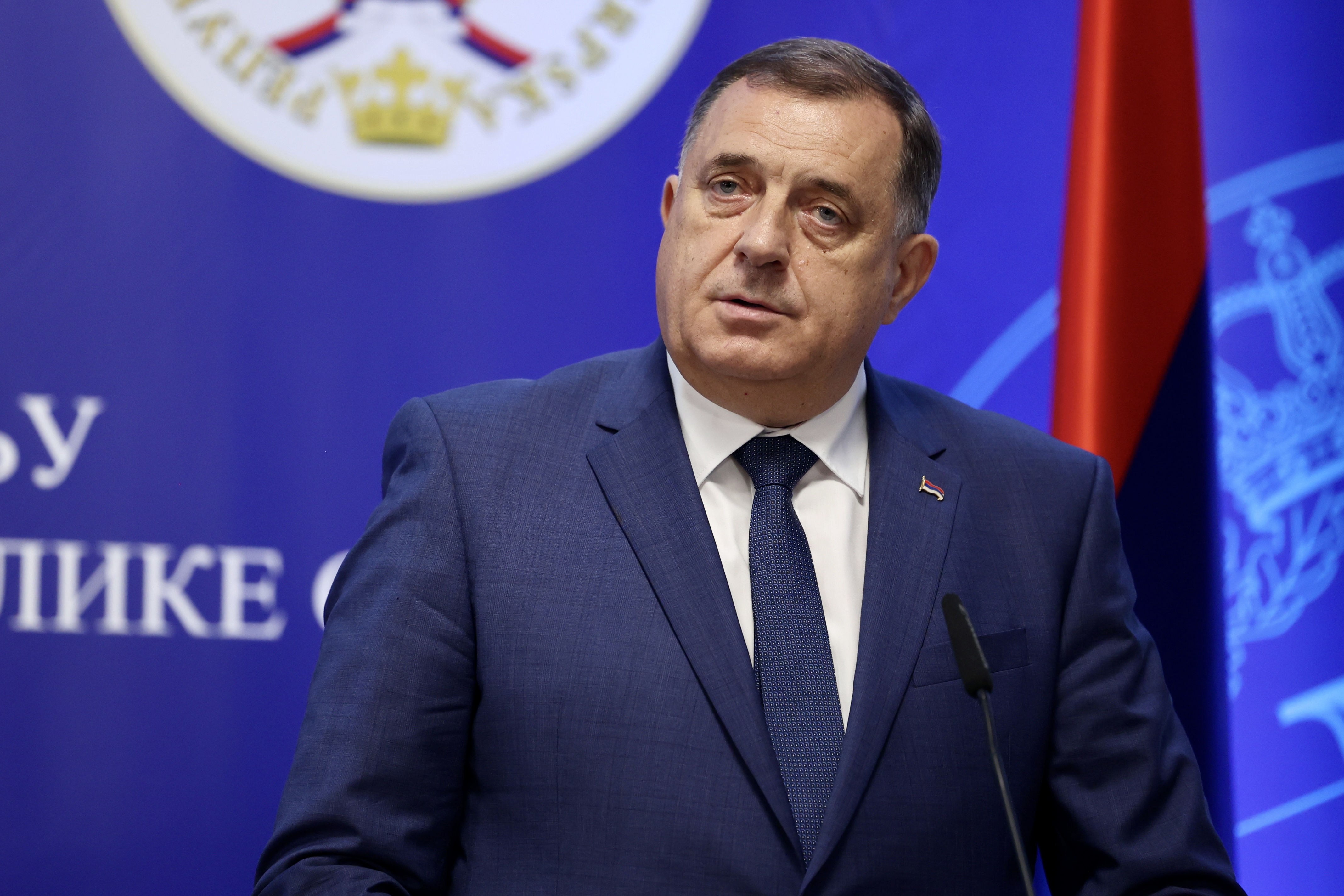Intelligence report warns of violence threats in Western Balkans, emphasis on Bosnia

The Western Balkans probably will face an increased risk of localized interethnic violence during 2024, according to the annual report issued by the Office of the Director of National Intelligence (ODNI) of the United States.
Oglas
A comprehensive report analyses several areas including the relations with countries such as China, Russia, Iran and North Korea, ongoing conflicts in the world, as well as other issues such as migration, human trafficking, and terrorism.
The Western Balkans, specifically Bosnia and Herzegovina and Kosovo, are mentioned in the part titled 'Conflicts and fragility', where the report warns that nationalist leaders are likely to exacerbate tension for their political advantage and outside actors “will reinforce and exploit ethnic differences to increase or protect their regional influence or thwart greater Balkan integration into the EU or Euro–Atlantic institutions.”
The report then named Bosnian Serb leader, Milorad Dodik, who is the president of Bosnia's Republika Srpska entity, as a threat, stressing the consequences of his potential steps.

“Bosnian Serb leader Milorad Dodik is taking provocative steps to neutralize international oversight in Bosnia and secure de facto secession for his Republika Srpska. His action could prompt leaders of the Bosniak (Bosnian Muslim) population to bolster their own capacity to protect their interests and possibly lead to violent conflicts that could overwhelm peacekeeping forces,” it said.
As for Kosovo, the document mentions the 2023 clashes between Serb nationalists and Kosovar authorities which led to deaths and injuries, including injuries to NATO peacekeepers.
Kakvo je tvoje mišljenje o ovome?
Učestvuj u diskusiji ili pročitaj komentare
Oglas
Kakvo je tvoje mišljenje o ovome?
Učestvuj u diskusiji ili pročitaj komentare
Oglas
NAJČITANIJE
Oglas
Oglas
Najnovije
Oglas
Oglas





 Srbija
Srbija
 Hrvatska
Hrvatska
 Slovenija
Slovenija

























































